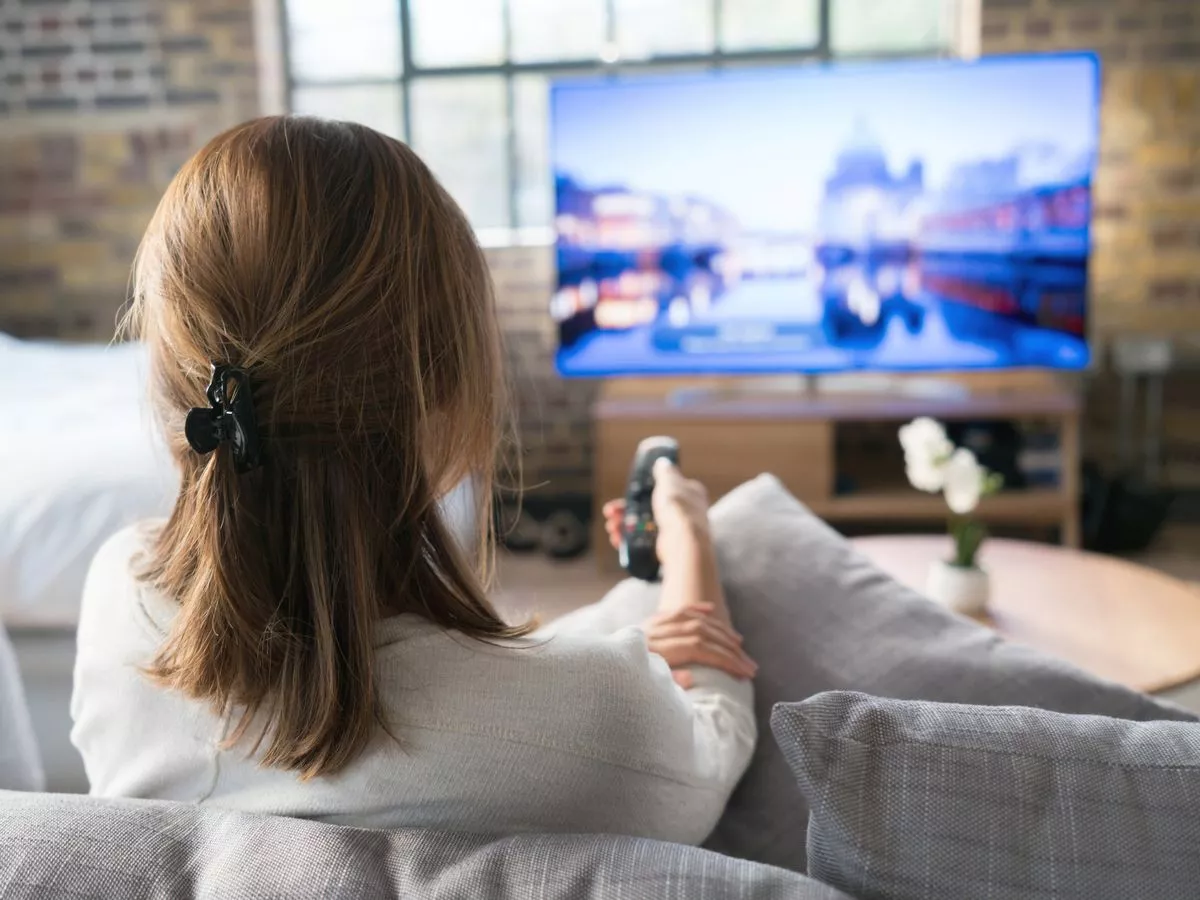By Miranda Pell
Every UK household that watches live television must have a TV licence – but there are some exceptions that mean you can get it for free or get a discount. A TV licence costs £174.50 per year and can either be paid all in one go or spread out across 12 months. The price went up from April 2025, rising by £5 per year from £169.50. All UK households who watch live Television, or anything on BBC iPlayer, is legally obligated to have a TV licence. If you use your TV simply to stream programmes, you don’t need to purchase a TV licence. People are warned that although you don’t need a TV licence for watching Netflix, or other streaming sites, many of these platforms now feature live programming. Watching any live programming, regardless of what platform it is, means that you are obligated to have a TV licence. There are some little-known exemptions for TV licencing, however, which includes pensioners. The TV licencing website advises that if you are 75 or over and are either receiving Pension Credit, or live with a partner who receives Pension Credit, then you qualify for a free TV licence which covers everyone living at your address. You can apply when you’re 75, if you are already receiving Pension Credit, and will get to stop paying for your licence after your 75th birthday. There are other exemptions and discounts for paying a TV licence which includes if you, or someone you live with, is registered blind. If you qualify, you are able to get a 50% discount – making your licence just £87.25 per year. And if you live in residential care or in sheltered accommodation, you can get a TV Licence for £7.50. To qualify for this, you must be either retired and over 60 or disabled. Your housing manager can check if you can get it and will apply for you. According to TV Licencing, having a licence covers you for: They explain: “This includes watching, recording and downloading. On any device.”
